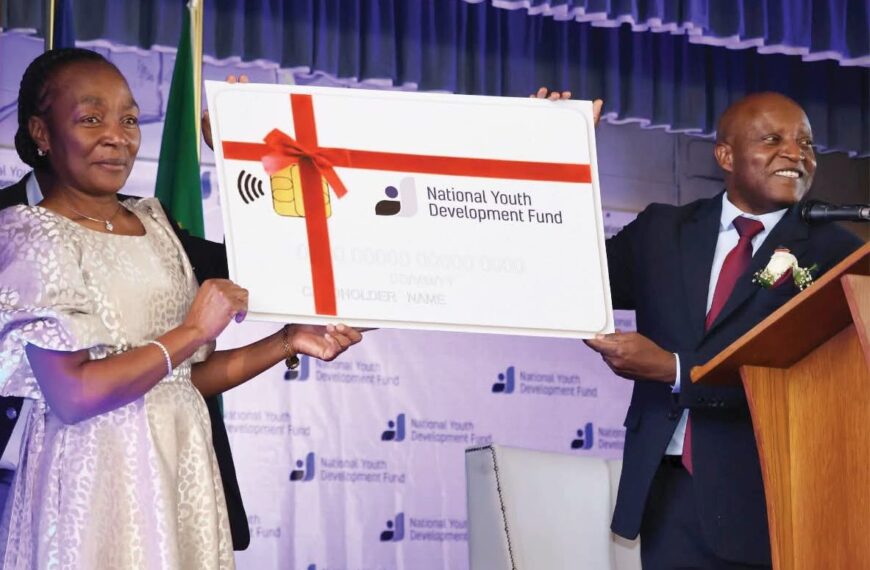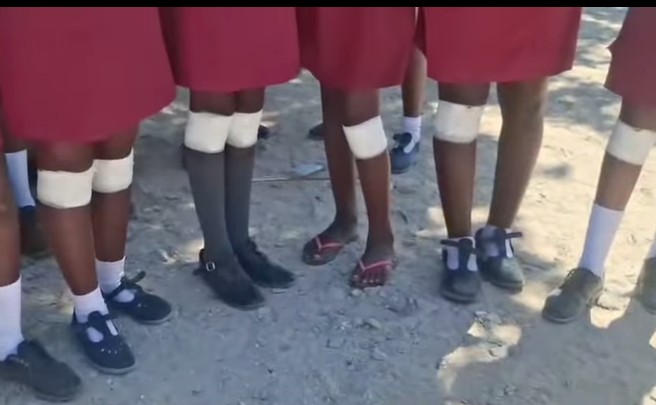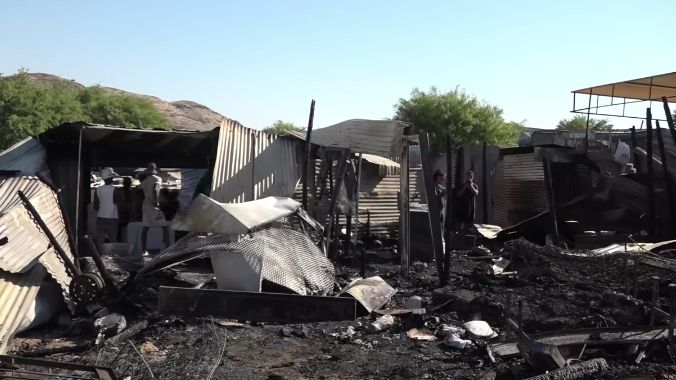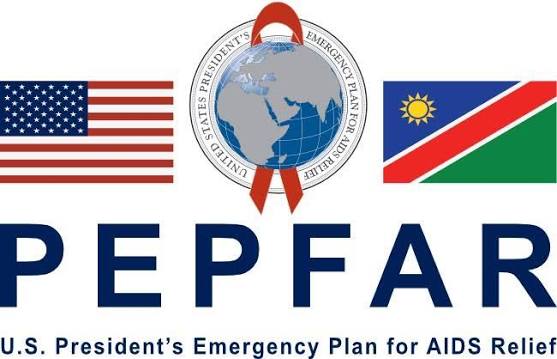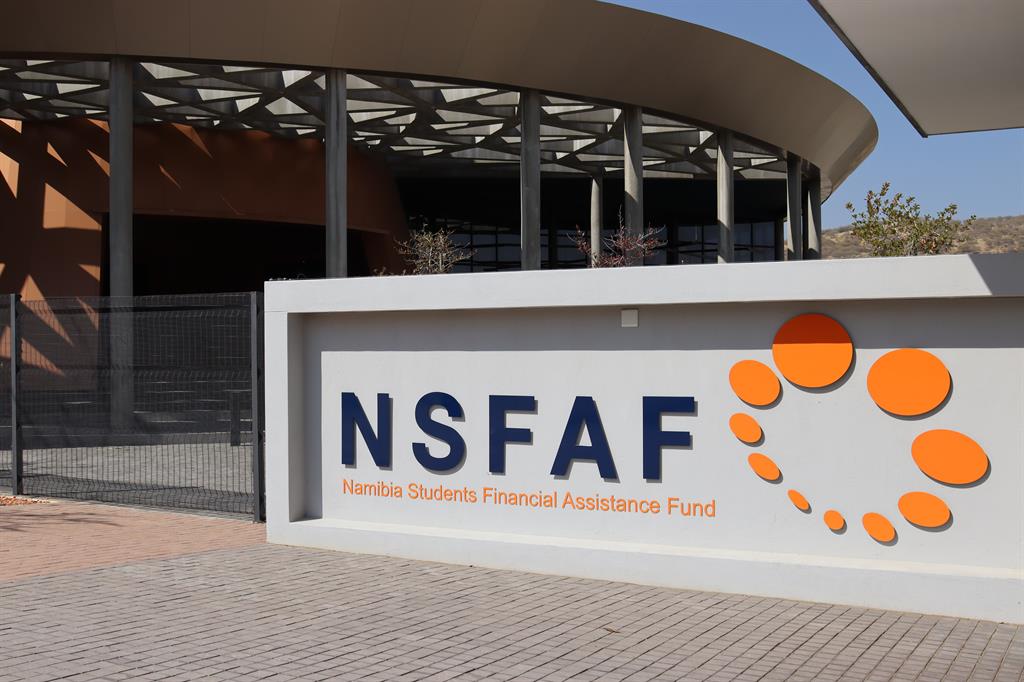
The Namibia Students Financial Assistance Fund (NSFAF) has moved to reassure the public and its beneficiaries, clarifying that a recent incident resulting in the exposure of student data was caused by an internal publishing error, not a malicious cyberattack or ransomware.
The official statement, issued for immediate release, directly addresses widespread public concern that the Fund’s systems had been compromised by external intruders.
The NSFAF confirmed that “certain student information was inadvertently published on our official website.” However, it stressed that the occurrence “was not the result of ransomware, or any unauthorised access to NSFAF systems,” thereby contradicting initial speculation of a major data breach.
Instead, the Fund pinpointed the cause as a human-induced “internal error.”
According to the Fund’s notice, the sensitive data exposure occurred because “an advert posted on our website was mistakenly accompanied by an attachment containing wrong students’ information.”
Upon detection, NSFAF stated that the file was “promptly removed,” and “immediate corrective measures were taken.”
“Protecting the personal data and privacy of our beneficiaries, staff, and stakeholders remains one of our highest priorities,” the statement read, affirming the Fund’s commitment to transparency and accountability following the mishap.
In an effort to rebuild public confidence, NSFAF emphasized that its technical infrastructure remains robust.
“We further reassure the public that NSFAF’s IT systems and infrastructure remain secure, supported by a robust and resilient cybersecurity framework,” the notice declared, confirming that no lasting breach of their core systems occurred.
While asserting that there was no malicious intent or external intrusion, NSFAF nonetheless extended a sincere apology to all students, beneficiaries, and stakeholders affected by the unintended publication.
“NSFAF regrets any damage this incident that may have caused, and we extend our sincere apologies to our beneficiaries and stakeholders,” the statement concluded.
Beneficiaries or concerned members of the public seeking further information are advised to contact NSFAF directly.


